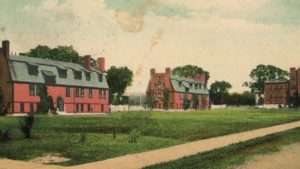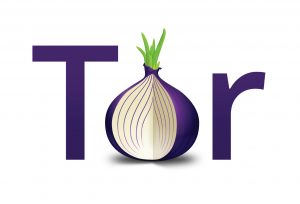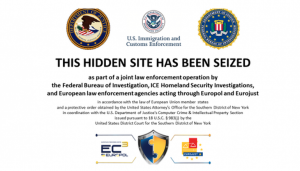Podcast: Play in new window | Download
Alison Cornyn: The Incorrigibles
People in America are currently living through multiple crises. The economy is in tatters with unemployment very high. The health situation is a disaster with over a third of 1 million people dead from Covid and tens of millions uninsured.
The educational system has been ravaged, underfunded, inflicted with charter schools. Billionaire right-wing secretary of Education Betsy DeVos has only recently resigned. Almost half of the population is living in poverty. Families are in bad shape with suicides, drug addiction, and divorces soaring. Many don’t have enough food and homelessness is rapidly increasing. All this within the framework of a divided society, deeply impacted by racism.
How does this affect young people? And especially rebellious teenage girls? What laws apply to young people? How are they treated in a criminal justice system, historically and currently? What do we know about the level of abuse and neglect including sexual abuse?
Guest – Alison Cornyn, is a Brooklyn-based interdisciplinary artist, activist, and educator. She has focused her career on social justice issues. A special interest of Allison Cornyn’s has been the criminal justice system treatment of “wayward” teenage girls. She has focused her career on social justice issues and teaches in New York at the School of Visual Art’s Design for Social Innovation Program.
—-
As computer technology has evolved and communications providers have profited, law enforcement and government intelligence organizations increasingly lobby to mandate that data services be engineered to allow them “back door” access to encrypted data.
Even as expansive anti-terrorism legislation provides more ways for the government to harvest our personal data, calls still continue for regulation of technology to ensure extra access channels. With each high-profile criminal attack, on U.S. soil or elsewhere across the world, government efforts to access personal communications gain momentum.
Years ago, many considered TOR, software that enables anonymous communication, to be equivalent to the Dark Net, the nefarious sites and services accessible on the Tor network that promote/enable illegal activity such as drug and gun marketplaces. After Edward Snowden’s massive data release, however, TOR use in the last year has grown quickly.
Guest – Shari Steele, Executive Director of the Tor Project. As the former director of the Electronic Frontier Foundation, Shari built it into the nation’s preeminent digital rights organization.
————————




